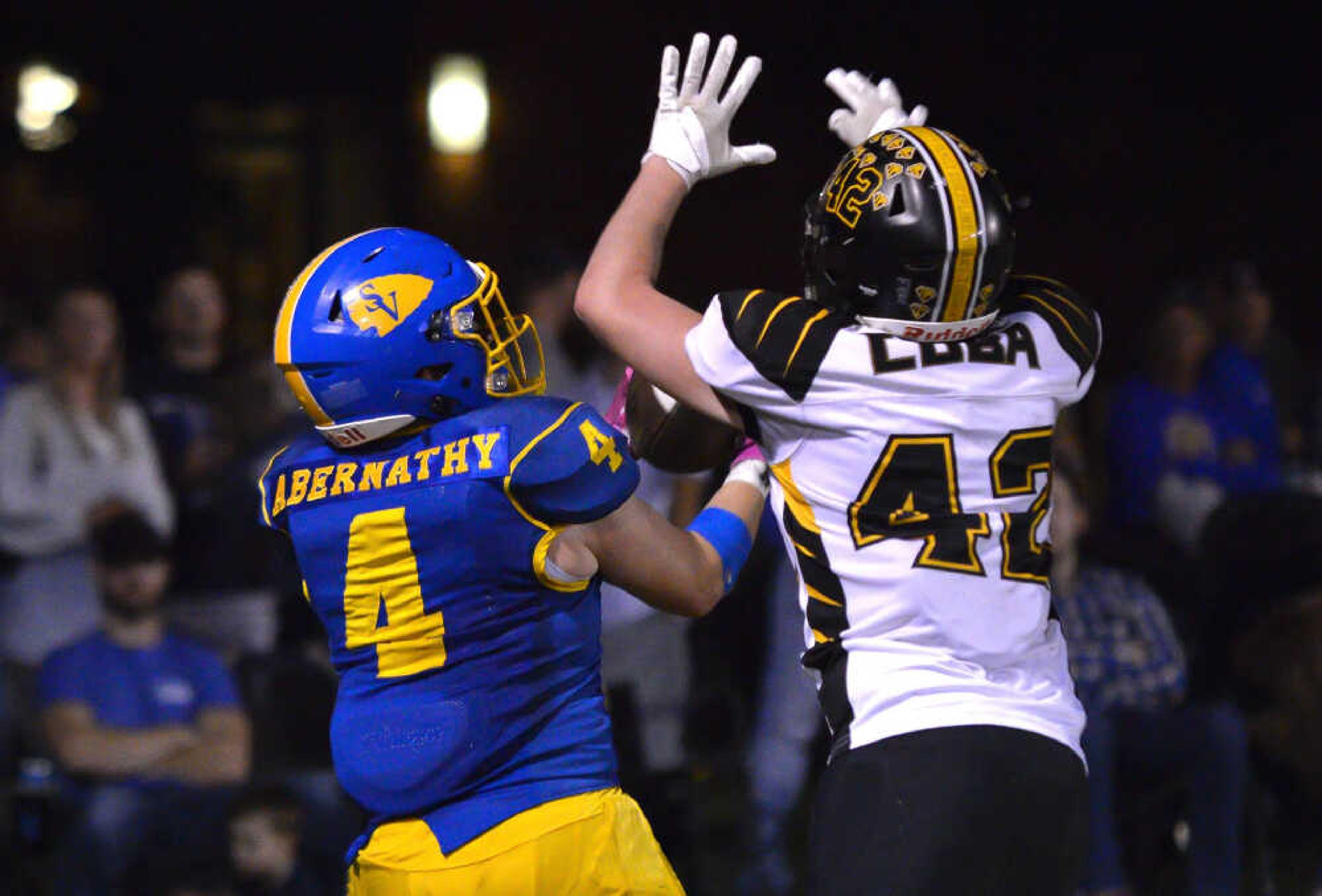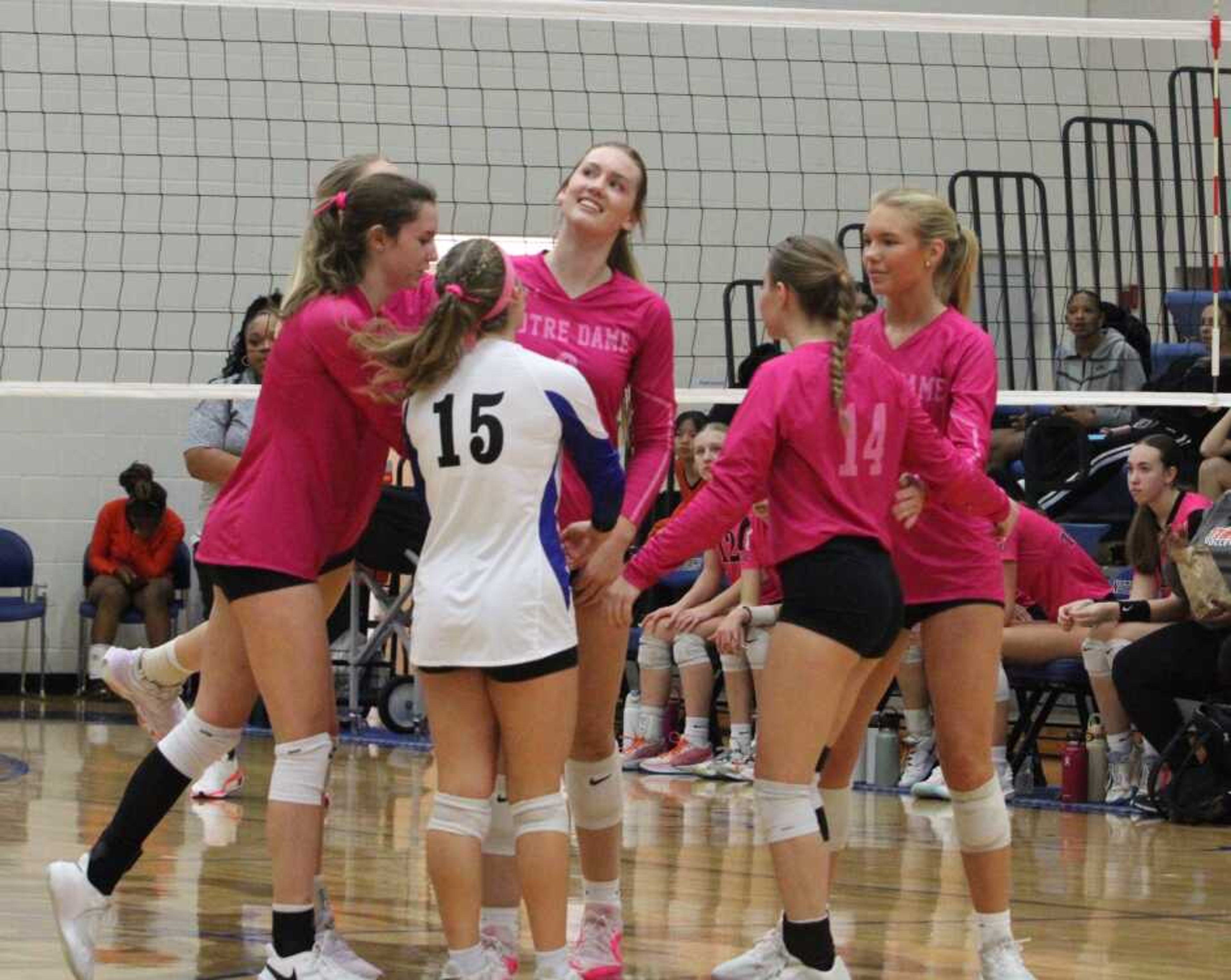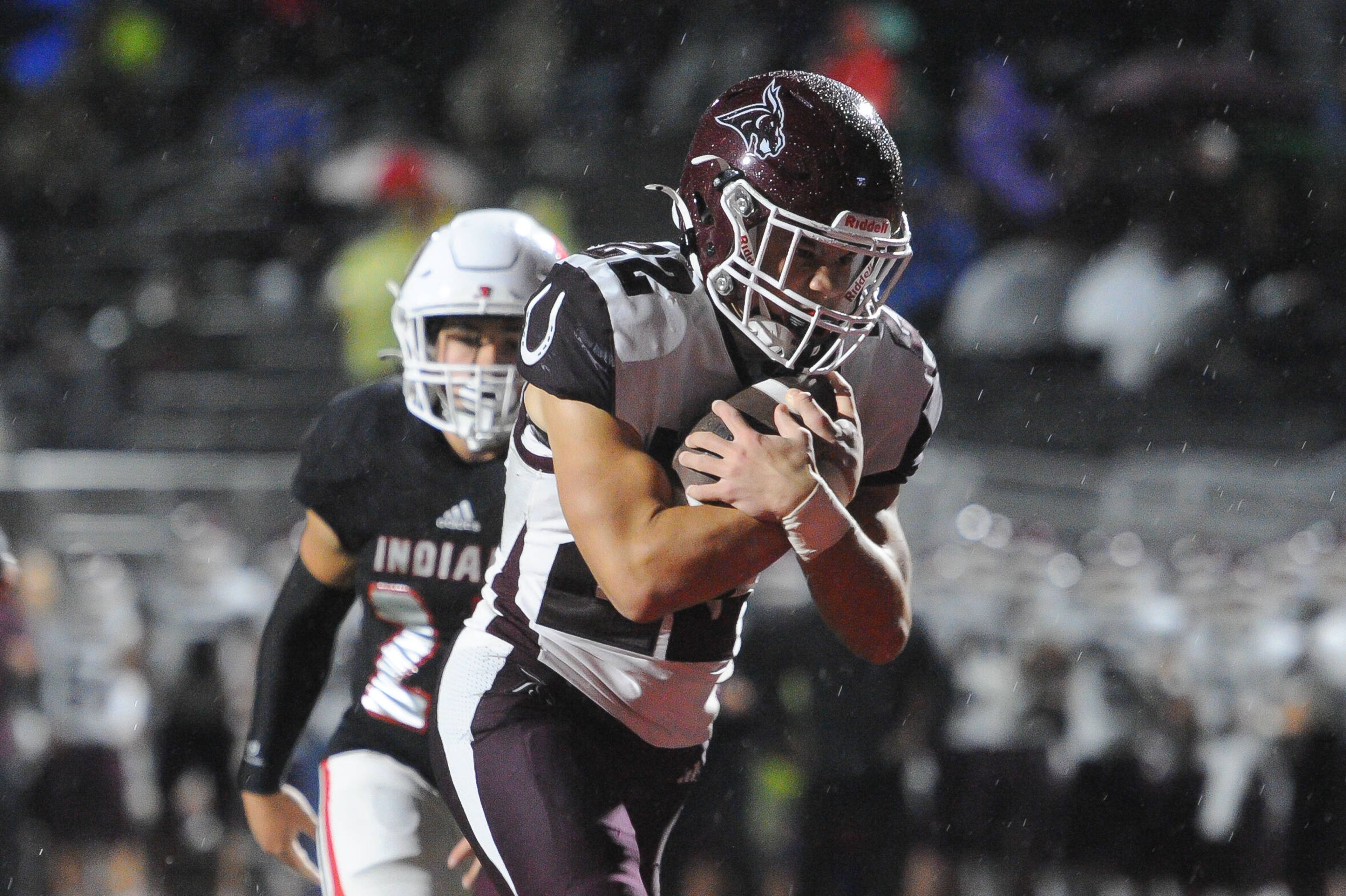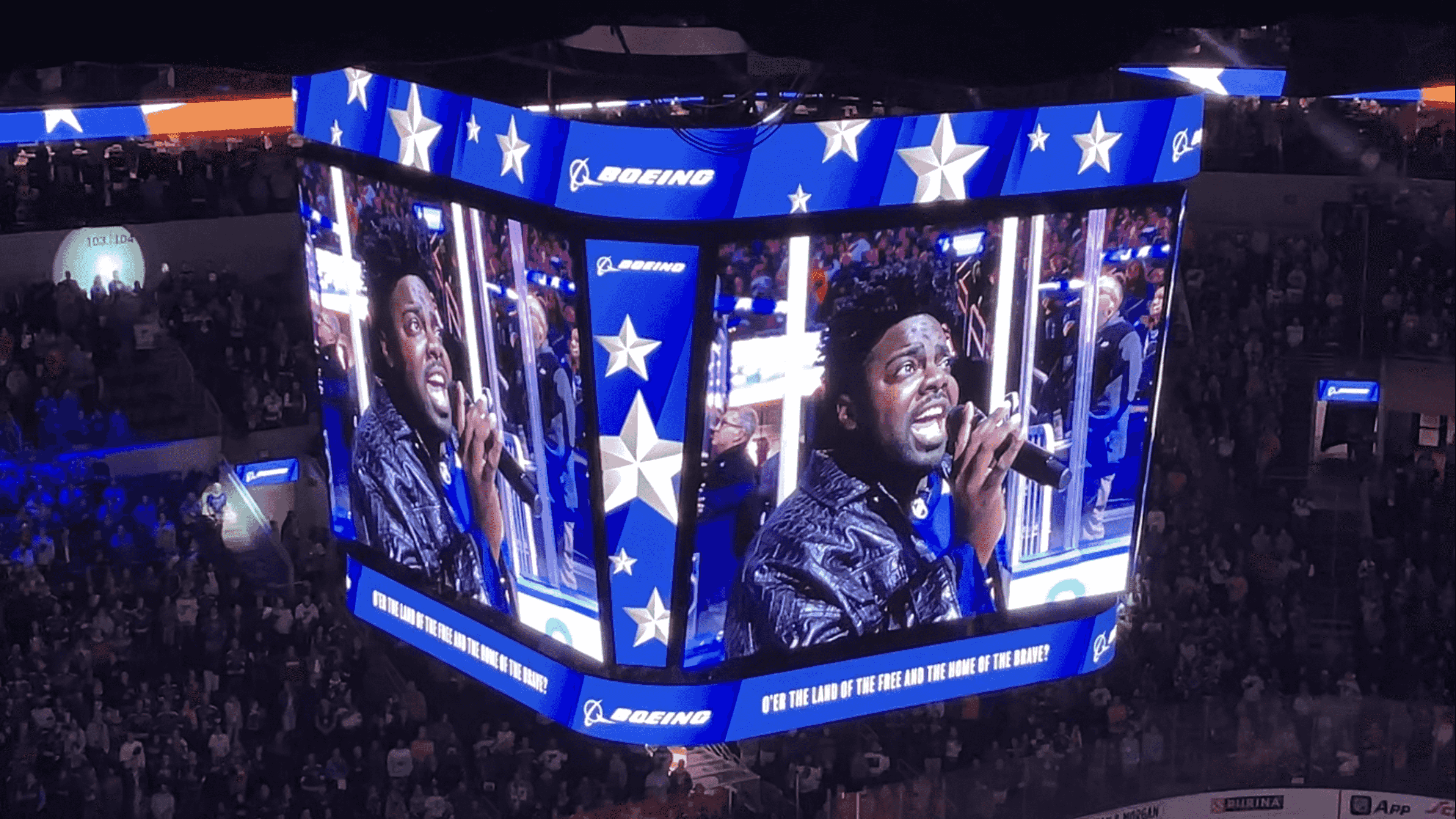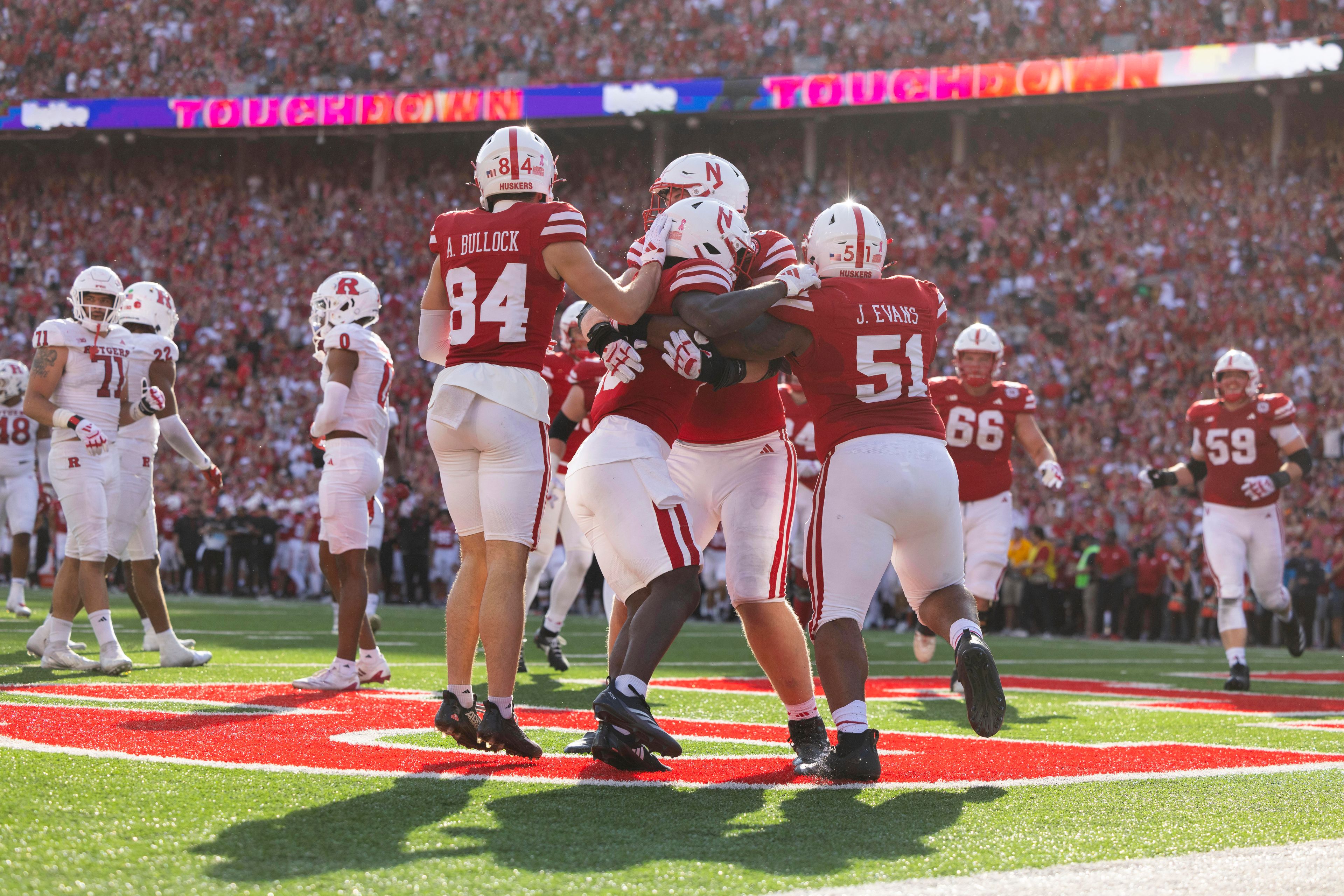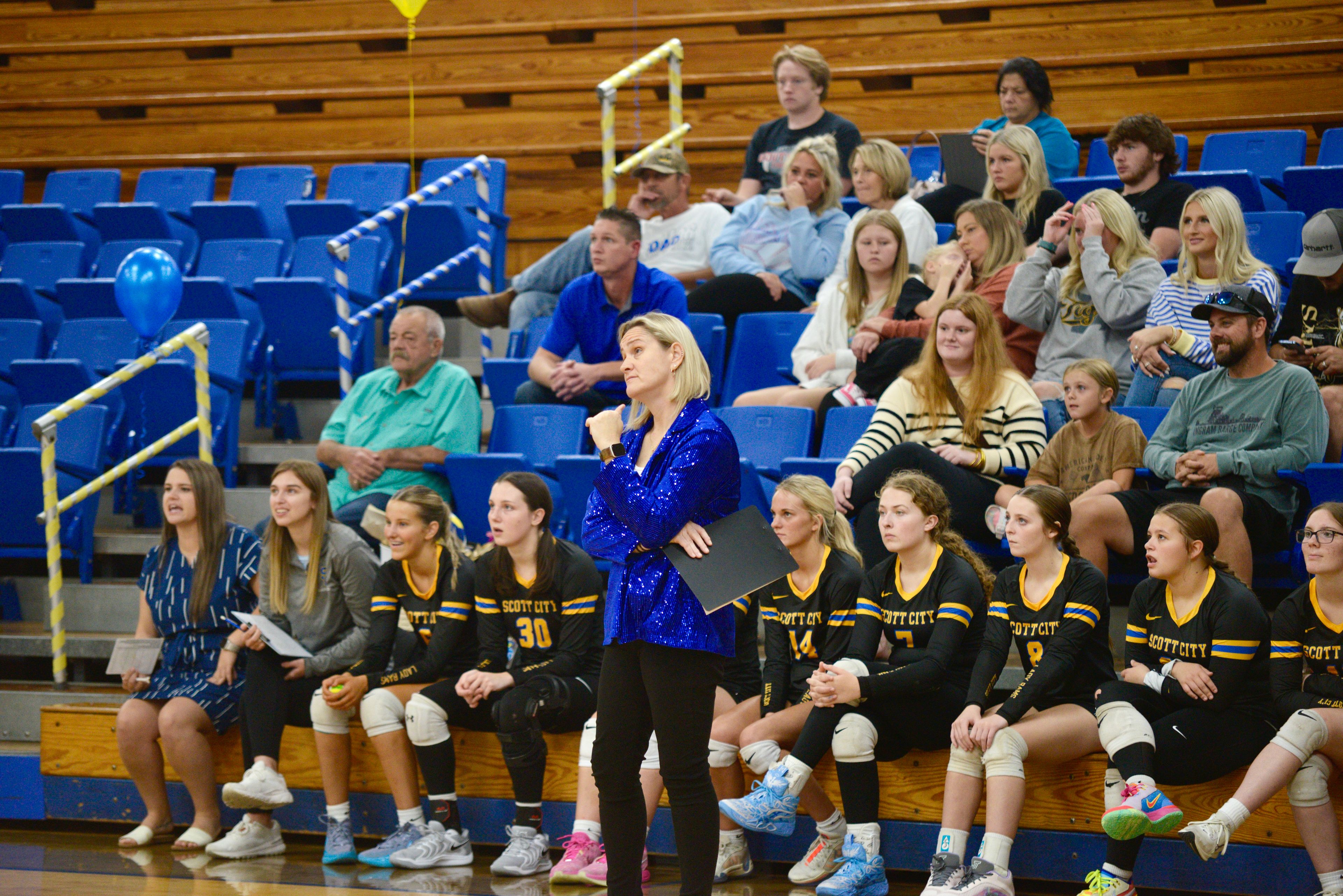Burning to know
On one of the hottest days of the year, Dr. Mark Hosler donned a black, long-sleeve shirt, walked out onto the black track at Central Junior High and chose to run 8 miles. He did it in the name of science. Not all of the results are back yet, but some of Hosler's friends believe the experiment proved he was crazy...
~ Dr. Mark Hosler puts his body to the test during the extreme heat in the name of science.
On one of the hottest days of the year, Dr. Mark Hosler donned a black, long-sleeve shirt, walked out onto the black track at Central Junior High and chose to run 8 miles.
He did it in the name of science.
Not all of the results are back yet, but some of Hosler's friends believe the experiment proved he was crazy.
Actually, the point of the exercise was to determine the effects of the extreme heat -- the air temperature that day, July 18, was 93 degrees and the heat index was 102 at the start of his run -- on a distance runner.
"It was not as drastic as I thought it would be," Hosler said.
Of course, Hosler didn't just hop off the couch and onto the track. A long-distance runner for 27 years, he estimates that his runs have covered approximately 110,000 miles since 1979. That's about 11 miles per day.
"My body can adapt because I run during the heat of the day already," Hosler said. "There are a couple of people in Cape that can run in that kind of weather, but I wouldn't recommend it to most people. It can be dangerous if you weren't used to it."
Exactly.
But that's not quite what Hosler was looking to prove, especially not by being an example No. 1 of the grave danger.
Adjusting to the heat
He wanted to know, on what he had hoped would be the hottest day of the year, whether a well-trained athlete could be adjusted to the heat.
"Heat training is like running up hills. Some training in the heat can be beneficial as long as your smart about it and no one gets hurt," Hosler said. "You can't keep your pulse up as long. You can't do as much fast work on a track that's 51 degrees Celsius. You've got to supplement it with running in an air-conditioned gym, which I do."
Hosler, 59, paced himself on the super-hot track -- the conversion of 51 Celsius is 123.8 degrees Fehrenhiet -- by running the first six miles at no faster than 9 minutes, 40 seconds. And his pulse, which was 103 when he started, rose to 110 after the first mile and was 127 after 6 miles. He then picked up the pace, covering the final mile in 9:18 and lifting his pulse to 150.
"I wanted to be totally exhausted, so I could extrapolate the data," Hosler said.
He had his blood drawn immediately after the run and had more tests 10 minutes after he finished.
Hosler hopes to turn the information into an article to be published in the next six weeks.
During his 75-minute run, Hosler's body temperature rose just slightly from 100.1 to 100.3. While his pulse escalated slightly, he lost 10 1/4 pounds, dropping to 146.
Someone who wasn't accustomed to the conditions, Hosler said, "probably wouldn't have sweated as much and wouldn't have been able to lose 10 1/4 pounds."
They may have had other problems.
Hosler noted the most alarming difference was a change in the creatinine level in his kidneys changed from 0.8 before he ran to 1.5 immediately after and a reading of 1.6 10 minutes after that.
"That could be a little dangerous," he said of the change in the kidney filtering activity.
Hosler, who has been practicing medicine for 24 years, specializes in pathology -- the study of diseases and other illnesses. He has been at Southeast Missouri Hospital since the early 1980s.
By then, he had been running for four years.
"The first day I did it, I knew I would be running the rest of my life," he said. "I love it and hate it. I hate it when I'm doing it, but I like the way it makes me feel at the end.
"And I like to compete. I'll be 60 on my next birthday, and I can compete against high school and college kids."
Hosler likes to test his body as well as compete against others. Among Hosler's many distance runs, he has completed two marathons without taking fluids, "which is not recommended," he said.
The heat, such as last week's searing temperatures, do not bother him, he claimed.
"When I start running, I never feel the effects of the heat at all," Hosler said. "The performance drops off, and I don't run as fast for as long. When I'm standing out in the heat, I'm as uncomfortable as the next person, but when I'm running, I don't feel it. I'm just not as fast."
Hosler's research includes data that the hottest recent summers in the area were 1954 and 1980. Temperatures in 1980, he said, reached 112 to 114 degrees.
"I would've liked to have been able to test in that," Hosler said.
More imperical data, his friends might say, that he's crazy.
Connect with the Southeast Missourian Newsroom:
For corrections to this story or other insights for the editor, click here. To submit a letter to the editor, click here. To learn about the Southeast Missourian’s AI Policy, click here.
